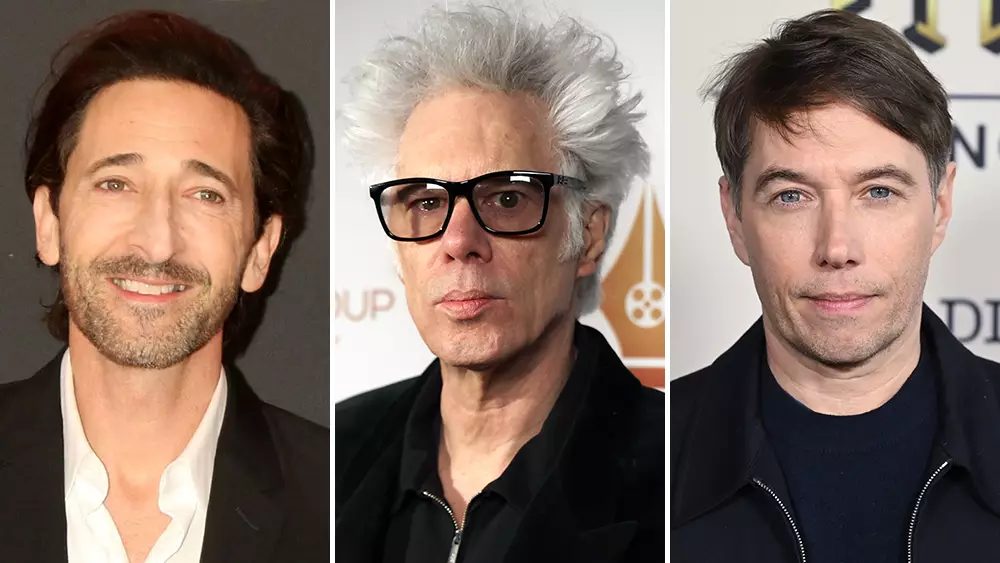During the recent New York Film Critics Circle Awards, the mood was charged with an emotional intensity as many artists and filmmakers gathered to celebrate cinematic achievements. However, the backdrop of wildfires ravaging Los Angeles heavily influenced the evening’s tone. Adrien Brody, a recipient of the Best Actor award, was visibly shaken, battling tears as he voiced his concerns for those affected by the environmental catastrophe unfolding in California. His heartfelt sentiments resonated through the audience as he highlighted the communal aspect of such a crisis, reinforcing the notion that art doesn’t exist in a vacuum but rather interacts deeply with the broader societal landscape.
Jim Jarmusch, another prominent figure in attendance, responded with palpable anger and urgency, pointing fingers at climate-denying factions that have perpetuated the crisis. His remarks stood out, fervently catering to the idea that ignorance is no longer an option as we face escalating climate disasters. “It’s time we wake the f-ck up!” he proclaimed, a sentiment echoed among many who understand the intersection between artistic expression and social responsibility. His delivery, while pointed, served as a reminder that the industry has a role in spotlighting such issues, pushing for change and raising awareness through every available platform.
The tone of the evening shifted as honorees like Sean Baker, who won the Best Screenplay award for his film “Anora,” also took time to offer prayers and thoughts to those struggling in the aftermath of the fires. Baker’s words exemplified a blending of personal and collective grief; he communicated a shared experience of loss that transcends individual narratives. Similarly, Brady Corbett reflected on his experience of losing his home to fire eight years ago. His anecdotes turned the event into a collective memory of resilience and empathy, demonstrating how personal challenges can resonate more broadly within the community.
Significantly, this year’s NYFCC Awards brought to light the bi-coastal nature of the film industry. With Los Angeles scenes affected by destruction, the event steered toward themes of solidarity and support. David Sims, president of the New York Film Critics Circle, encapsulated this sentiment by opening the event with thoughts for their LA colleagues, noting the peculiar juxtaposition of celebration during such dire times. Each winner’s speech reflected a duality; they were here to honor cinematic achievements, yet their hearts remained heavy with the plight of those suffering back home in California.
The overriding realization during the event was that the film community is facing a time of uncertainty and caution due to ongoing wildfires. Earlier gatherings, from premier celebrations to significant award shows like the Critics Choice Awards, faced cancellations or delays, pulling the industry into a cycle of interruption. The resurgence of wildfire threats in Hollywood Hills, resulting in mandatory evacuations, served as an unsettling reminder of the ongoing conflict between celebration and catastrophe within the industry.
Ultimately, the New York Film Critics Circle Awards became more than a mere celebration of film; it transformed into a pivotal moment for conversation about climate change, community, and the responsibilities of the artistic community. Art has a profound ability to reflect society and inspire action. As attendees of this gala rallied together, it wasn’t simply about recognizing excellence in film—it was about advocating for change and acknowledging the urgent need for collective action against an ever-growing crisis. With figures like Brody and Jarmusch leading the conversation, it is clear that the film industry is poised to be a force for positive action, compelling audiences not just to watch, but to act.


Leave a Reply